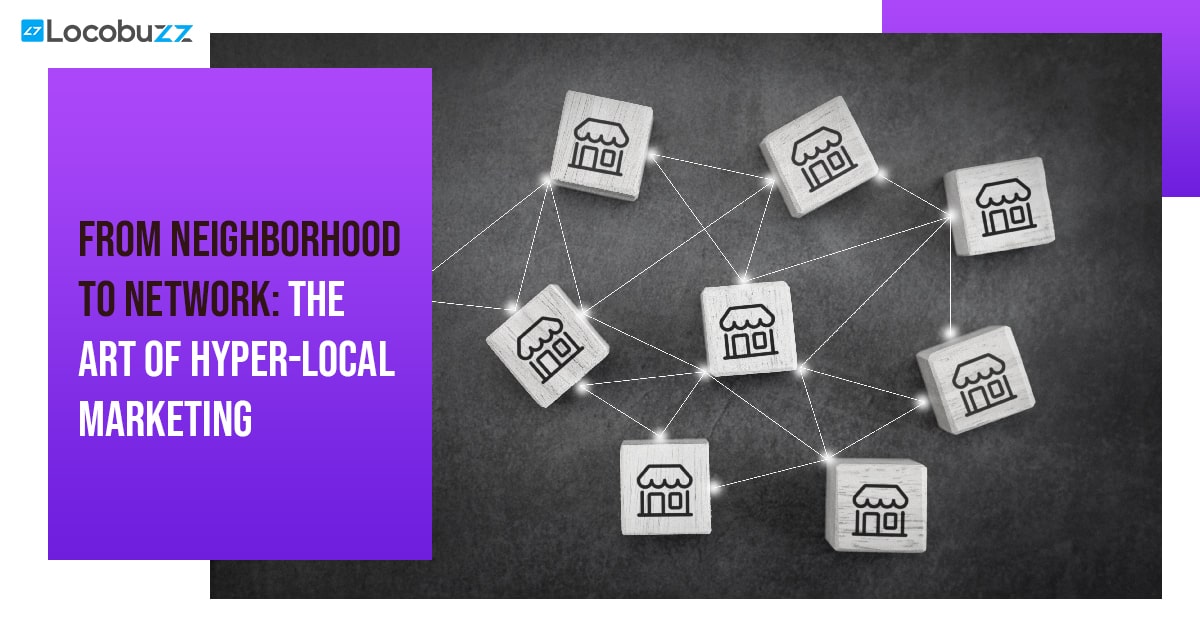Online reputation management for education institutes

What is Online Reputation Management?
Online Reputation Management (ORM) is a crucial set of tactics employed by brands to uphold a positive public image in the digital age. With the rise of various online platforms like social media, business directories, and review sites, maintaining a favorable online presence has become increasingly important.
Its primary aim is to counteract negative online discussions that could harm a brand’s reputation while fostering positive sentiment. Whether it’s addressing customer grievances, managing reviews, or mitigating the impact of potentially damaging content, ORM plays a pivotal role in shaping perceptions and maintaining trust among stakeholders.
In the terms of educational institutes, ORM plays a significant role in ensuring universities maintain a positive image and attract prospective students and faculty. Even in the context of digital marketing, ORM principles are often utilized to improve a university’s visibility in search engine results. ORM has evolved to encompass a broader range of strategies aimed at managing and enhancing reputations online. By actively monitoring and responding to online conversations, organizations can better navigate the digital landscape and preserve their credibility.
Why is ORM important for educational institutions?
Key to Enrollment
In the context of education institutes, an institution’s online reputation can be a game-changer in attracting students. In today’s age, where information is readily accessible at the click of a button, a university’s online presence plays a pivotal role in shaping its reputation. Positive reviews, engaging social media content, and prominent search engine rankings all contribute to bolstering a college’s image and attracting prospective students from far and wide.
Moreover, an exceptional online reputation can also extend a college’s influence beyond its immediate geographical area. Through targeted digital marketing efforts, universities can reach prospective students in distant locations who may not have otherwise considered attending.
By highlighting their strengths and unique offerings online, colleges can attract a diverse pool of applicants from across the globe. In essence, an institution’s online reputation serves as a critical differentiator in a competitive higher education landscape. By actively managing and enhancing their digital presence, colleges can effectively broaden their appeal and attract a diverse pool of talented individuals seeking a reputable educational experience.
Building Trust and Credibility
A strong online reputation helps build trust and credibility among students, parents, educators, and other stakeholders. Students and their families want to feel sure about where they’ll invest their time and money to pursue a degree. A university with a strong reputation for excellence naturally inspires confidence.
When a university consistently delivers high-quality academic programs and fosters a positive learning environment, reflected through online reviews and testimonials, it enhances its reputation as a reputable institution. This, in turn, increases confidence in the university’s offerings, leading to higher enrollment rates and a larger share of the education market.
Recruiting high-quality faculty:
Solid Online Reputation Management also aids in attracting high-quality faculty, which, in turn, captivates more students and investments. At its core, universities are dedicated to educating students. To excel in this mission, a university must have top-notch faculty members. Online Reputation Management for universities not only helps in engaging more students but also attracts distinguished faculty.
Effective Online Reputation Management (ORM) can play a pivotal role in refining recruitment strategies and targeting specific demographics or geographic regions. By analyzing online trends, monitoring sentiment, and identifying areas for improvement, universities can customize their marketing approaches to effectively reach their desired audience. This targeted approach ensures that recruitment efforts yield maximum results, driving growth and expanding market share in the education industry.
Standing Out
An effective Online Reputation Management (ORM) strategy serves as a valuable tool in distinguishing the education institutes from their counterparts to garner attention and attract prospective students. ORM enables universities to showcase their distinctive strengths, achievements, and contributions in the industry. By strategically crafting their online presence, universities can highlight what sets them apart from the competition.
Whether it’s a cutting-edge research program, a renowned faculty member, a unique approach to learning, or a vibrant campus culture, ORM allows universities to spotlight their unique selling points and differentiate themselves in the eyes of potential students. Moreover, ORM provides universities with a platform to share success stories and showcase tangible evidence of their impact and excellence. Whether it’s student testimonials, alumni success stories, or accolades and awards received, universities can leverage ORM to bolster their reputation and credibility.
Discover how Locobuzz's ORM capabilities are transforming the education industry.
Attracting philanthropists and organizations
Examples of ORM for education institutes
Social Media Engagement:
Monitoring Online Reviews and Feedback:
Implementing Online Crisis Management
Blogging
Optimizing Website Content
Best Tool for ORM in Education Institute
Locobuzz provides a comprehensive and feature-rich ORM platform that allows businesses to take total command of their brand’s image and reputation.
The platform offers real-time analysis and detailed insights into customer feedback and perceptions, allowing businesses to engage with their customers and prevent potential crises.
With Locobuzz’s ORM capabilities, businesses can monitor and respond to customers on key social platforms and digital sources, providing the ability to manage their brand’s reputation in real-time.
Locobuzz, a leading customer experience platform, has launched ResponseGenie, an innovative generative AI technology designed to enhance the productivity and efficiency of brand agents.
ResponseGenie is a powerful tool that uses natural language processing and machine learning to provide instant responses to customer queries and issues, thereby reducing response times and improving customer satisfaction.
Conclusion
In conclusion, the significance of Online Reputation Management (ORM) for universities cannot be overstated in today’s digital era. Beyond the traditional aspects of academia, a university’s online reputation has become a key determinant in attracting prospective students, faculty, and funding opportunities.
ORM allows universities to showcase their academic excellence, research breakthroughs, and community impact, thereby gaining a competitive edge and attracting top talent. Moreover, as the internet continues to evolve, universities must adapt their ORM strategies to stay relevant and effective.
As prospective students and parents increasingly rely on online research when choosing schools, maintaining a positive online presence has become crucial. Effective Online Reputation Management (ORM) is essential for universities to shape perceptions, attract talented individuals, and stay competitive in the educational institutes sector.






















